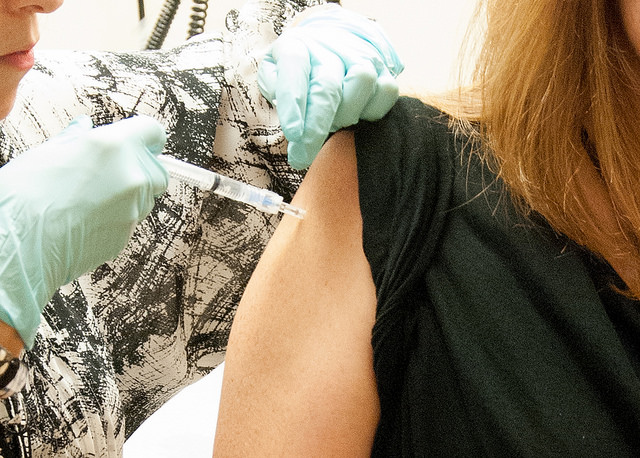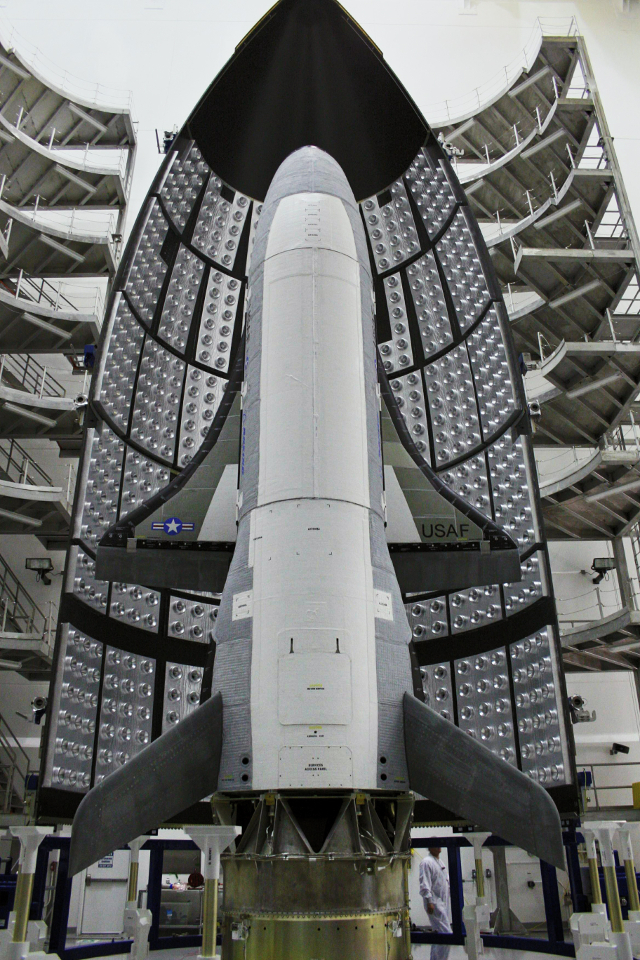
This Shouldn’t Be News
A new, exhaustive study of over 95,000 children with and without older siblings on the Autism Spectrum has reached the unambiguous conclusion that literally anyone who’s ever taken five minutes to look at the scientific evidence has already reached: “MMR vaccine receipt was not associated with an increased risk of ASD at any age“. That’s right guys, the MMR shot doesn’t cause autism. It doesn’t even correlate with an increased risk of autism. Zip. Zilch. Nada. Now let’s all stop talking about this, and move on to doing what we should have been doing this whole time, getting rid of non-health-related exemptions from vaccinating our society’s children. At least if they want to hang around with the other kids. You go, Australia. Keep at it, California. Hat tip to Mississippi for being there first.

Editing the Germ Line
For the first time, a team of scientists has reported changing the germ line in human embryos using the MIT-developed CRISPR system. That is to say, they made genetic changes which, if the embryos were to grow up into humans and reproduce, would be reproduced in the next generation. Now before anybody goes nuts over this, the team reported that they did *not* try to actually grow the embryos outside of the petri dish, and that the embryos produced were abnormal. They reported that the efficiency rates of their experiment’s repair mechanism were low, that the insertion of new DNA was often off target, and that another process actively competed with the repair process, “leading to untoward mutations.” Their conclusion? “Taken together, our work highlights the pressing need to further improve the fidelity and specificity of the CRISPR/Cas9 platform, a prerequisite for any clinical applications of CRSIPR/Cas9-mediated editing.” Long story short: we’re nowhere near where we need to be to try to change humans. Not yet, anyway. But the fact that someone is trying, and actively working toward being able to do so safely, is actually good news: results like this mean that we won’t try to run the marathon without being able to jog the first mile. And when we can? That’s a question for philosophers, medical ethicists, and policy analysts. Nature News has more.

Norway Says Goodbye to Analogue FM
You might think radio is dead. I know I often do. But I live in the US, where the only options are insanely advertising-laden music channels and fundraising-driven nonprofit radio stations. But in civilized countries where they have publicly-funded radio stations, like the UK (think BBC Radio’s multitude of national and regional channels), they’re in the middle of a switch from analogue to DAB (or DAB+), Digital Audio Broadcasts. Right now most radio stations are available in both formats, but this year Norway announced plans to be the first country to completely shut off its analogue signals, since their many transition criteria have been met ahead of schedule. Doing so will have benefits: it gets better signal in tunnels, it’s less expensive in the long run, and where once they had room for five national channels, they’ll have room (in the same bandwidth) for forty-two. And here I am listening to literally days of people begging for money three times a year just so I can get some more Wait Wait Don’t Tell Me. Here’s the announcement from Norway’s government, and a little blurb from engadget, too.
Uber’s Employees
You know me, I love the new on-demand service model: watch shows when you want, read news when you want, have a car when you want, get a lift when you want. But that last one is a bit of a problem, because, until Google’s self-driving cars become mainstream (and I promise, they will do — you’ll have a subscription to “cars taking me places I need to go”), someone actually has to do the driving. Which means workers’ rights. Over at Fusion.Net there’s an interesting thinkpiece from last week about a lawyer who might just ruin Uber’s day. The thing is, Uber treats its drivers like independent contractors — like they’re self-employed — but in many ways it acts like they’re employees. And the problem with that is that employees have rights to things like employment insurance and social security benefits, which Uber isn’t paying. Check out the full story for more, but until we don’t actually need people to drive us around, this is going to be an issue, so get ready for it.
X37-B
The US Air Force’s super-cool kinda-secret unmanned space plane is going up again soon. It’s currently scheduled to go up on May 20 (give or take, you know how launches can be), and to test a new propulsion system (sorry, that’s all the details I’ve got). No word on how long it’ll be up there for, but the last flight was 675 days long, so it’s really anybody’s guess. But just look how cool this thing is. Just look at it.

Check out SpaceFlightNow for more details on this ridiculously cool beast.
Best of the Rest
As usual, there’s more to this week than I can handle. Check out the following links for more:
- Quartz has an article on the first battery-powered rocket engine (it still uses fuel, just less)
- The Verge has a story on robot bank tellers in Japan
- Ars Technica has a story on how Dark Matter might actually be interacting with something: namely, itself
- SpaceFlightNow tells us that the pad abort test for the passenger Dragon has been scheduled for early May, and
- BBC reports that we now have a complete Mammoth genome (let the de-extinction begin!).
And now, I’ll leave you with a wonderful image: Astronaut Samantha Cristoforetti took the best nerdiest selfie ever. All hail our Trekkie overlords.

That’s all for today. Don’t forget to follow me on Facebook and Twitter, and have a great week.
***
Richard Ford Burley is a doctoral candidate in English at Boston College, where he’s writing about remix culture and the processes that generate texts in the Middle Ages and on the internet. In his spare time he writes about science and skepticism here at This Week In Tomorrow.
